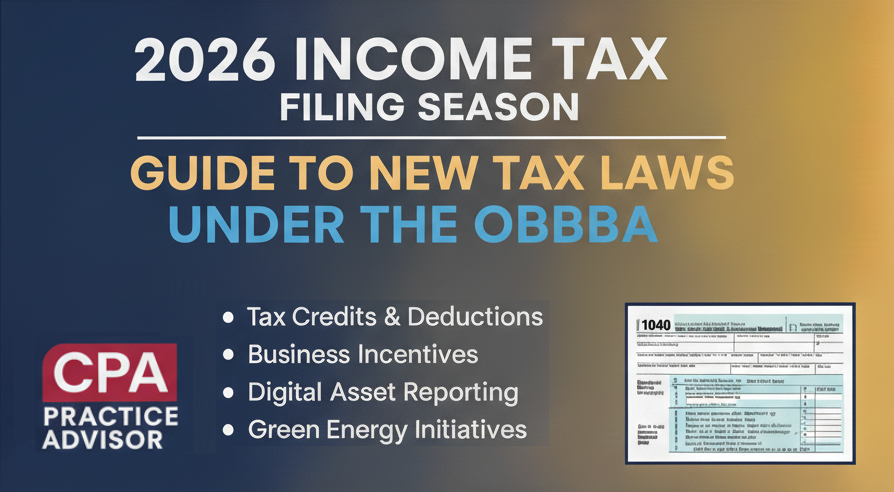A provision included in new federal “fiscal cliff” legislation allows many public transit riders to shield up to $240 a month in work-related commuting costs from their taxable income, officials said Wednesday.
The change increases the public transit commuter benefit for eligible employees whose companies participate in the program from $125 a month to $240 a month. It is now on par with the $240 a month pre-tax parking benefit.
The pre-tax transit commuter benefit, which is also available to vanpool participants, can save each individual hundreds of dollars a year on trips to and from work, officials said.
“For 2013, there is no longer a financial bias in the federal tax code against public transit use,” said Michael Melaniphy, president and chief executive officer of the American Public Transportation Association, which represents the mass transit industry in the U.S.
In 2012, the amount of income that commuters who use mass transit were eligible to shelter from taxes to pay their fares dropped to $125 monthly from $230 a month, while the tax-free parking benefit for drivers increased by $10, to $240 monthly, as the result of a cost-of-living adjustment. The reduction in the transit benefit was due to Congress’ failure to renew the higher limit.
Under the fiscal cliff legislation that Congress passed this week, the $240 a month in pre-tax income that can be used for transit will be retroactive to Jan. 1, 2012, officials said, but the details must still be worked out. Employees of participating companies should check with their benefits provider for specific information, officials said.
“Employers and transit benefit providers are looking to the IRS for guidance,” said Virginia Miller, a spokeswoman for the public transportation association.
The $240-a-month transit commuter tax benefit will expire on Dec. 31, 2013, unless Congess extends it to the same level as the parking tax benefit, officials said.
The new legislation also extends through this year the alternative fuels tax credit refund that many public transit agencies use to offset costs associated with using natural gas and other alternate fuels to power vehicles, officials said.
———–
Copyright 2013 Chicago Tribune, Shaw Newspapers. Distributed by Newsbank, Inc. All Rights Reserved
Thanks for reading CPA Practice Advisor!
Subscribe Already registered? Log In
Need more information? Read the FAQs



